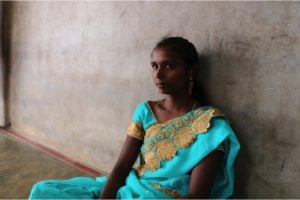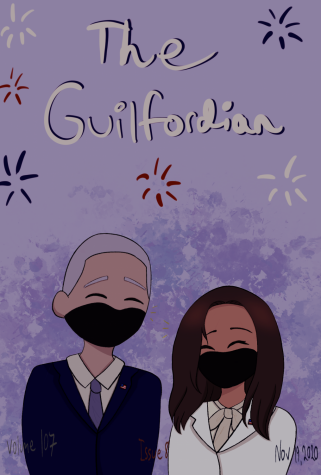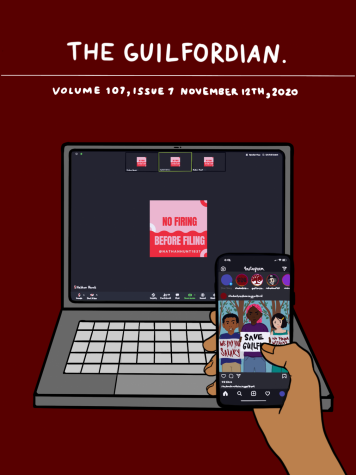Experiences while Reporting Abroad
The children in the slum area of Thiruvannamalai, where several interviews took place. Image by Praveena Somasundaram. India, 2017. Pulitzer Center.
In late June 2017, I traveled to India to do reporting as a Campus Consortium fellow of the Pulitzer Center on Crisis Reporting. Nalina was one of the women I interviewed for an article on the struggles of Indian women. I reported on the family burdens they shoulder and the opportunities that have helped them. They all had experienced hardship, such as poverty or ill family members that eventually led to a hard choice: sacrificing their education for jobs and income.
Nalina’s husband had left her four years earlier because she had given birth to two female children. When she was speaking about taking care of her children towards the end of the interview, she had started to cry.
In my short time as a journalist this was only the second time someone had cried during an interview. It was not that I felt uncomfortable that she was crying, it was that she was emotional about her children, the oldest of whom was just a few years younger than I.
Nalina was also the first interviewee who spoke with such fervor when answering a question. I found that, even if they had already agreed to do the interview, the women were often hesitant to speak in great detail about topics like their family situations or marriages. The essential information we made sure the women understood was that I was not there to manipulate or twist their stories into something they were not. I simply wanted to tell their stories as they were to bring awareness.
As an Indian woman myself, I understood the pressures they felt. Speaking badly about one’s own family or revealing familial conflict is looked down on in India, a society in which family is an integral unit. The women probably felt conflicted when speaking to me, but even so they did and that revealed their strength and passion to me.
My camera startled interviewees even more than my questions and reporting. My mother accompanied me because I was a minor while reporting and to help with translation. We would make sure we had their permission to record the interview and take photos, but even then I witnessed several women flinch when I took out my phone or camera. For this reason alone, I decided to conduct later interviews without using my camera to make them feel more comfortable.
The children, on the other hand, were fascinated with the camera. After finishing interviews in a slum area of Thiruvannamalai one day, I was walking out of the area when I heard a shout behind me. I turned to see all the kids gathered towards the end of the street and their mothers were beckoning for me to come back. When I reached where they were standing, I realized they wanted me to take a photo of all the children. It also dawned on me that this was probably the first time they’d all seen a camera.
Although I would not need the photo for my project, I took the photo to please the children and their mothers. Seeing their happiness as the flash came on and off is something I will never forget.
Through all of these experiences, I learned the power of empathy while reporting. As journalists, we are often taught to be detached from the story and the people in it, up to a certain point. However, thinking from the perspective of the women I was able to interview, I learned to understand and tell their stories more easily.












